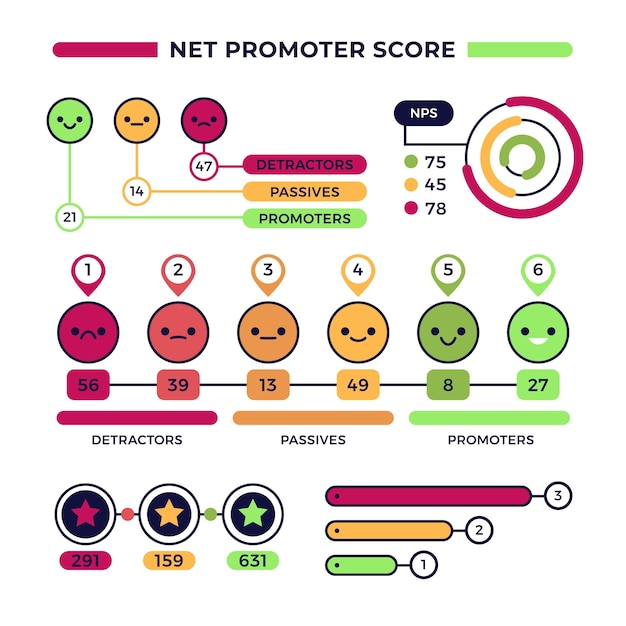
Causative verbs are words used to indicate that someone else is responsible for an action. These verbs, such as “make,” “have,” and “let,” are commonly used in English to express the idea of someone causing or allowing something to happen. Understanding how to use these verbs correctly can greatly enhance your communication skills in English.
Let’s take a closer look at each of these causative verbs:
1. Make:
The verb “make” is used when someone forces or compels another person to do something. It implies that the action is not voluntary, and the subject is the one exerting control.
Example: She made her son clean his room.
2. Have:
The verb “have” is used when someone asks or instructs another person to do something on their behalf. The subject is typically in a position of authority or control.
Example: I had my car repaired by a mechanic.
3. Let:
The verb “let” is used when someone allows or permits another person to do something. It implies giving permission or granting the opportunity for an action to take place.
Example: They let me borrow their bicycle.
It is important to note that the causative verbs “make,” “have,” and “let” are followed by the base form of the verb (infinitive without “to”). Additionally, when the subject of the causative verb is the same as the subject of the action, we use the reflexive pronoun “myself,” “yourself,” etc., after the causative verb.
Now, let’s take a look at some examples to further illustrate the usage of causative verbs:
| Sentence | Meaning |
|---|---|
| My boss made me work overtime. | I was forced by my boss to work overtime. |
| She had her hair cut at the salon. | She asked someone at the salon to cut her hair. |
| He let his sister use his computer. | He gave permission to his sister to use his computer. |
Now, let’s practice using these causative verbs:
Exercise 1: Complete the sentences using the appropriate causative verb.
1. The teacher ____________ the students practice the new vocabulary words.
2. They ____________ their house renovated last year.
3. She ____________ her son go to the party.
Exercise 1: Answers
1. The teacher made the students practice the new vocabulary words.
2. They had their house renovated last year.
3. She let her son go to the party.
By understanding and correctly using causative verbs, you can convey the appropriate meaning and responsibility in various situations. Practice using these verbs in your daily conversations to improve your English fluency and accuracy.



